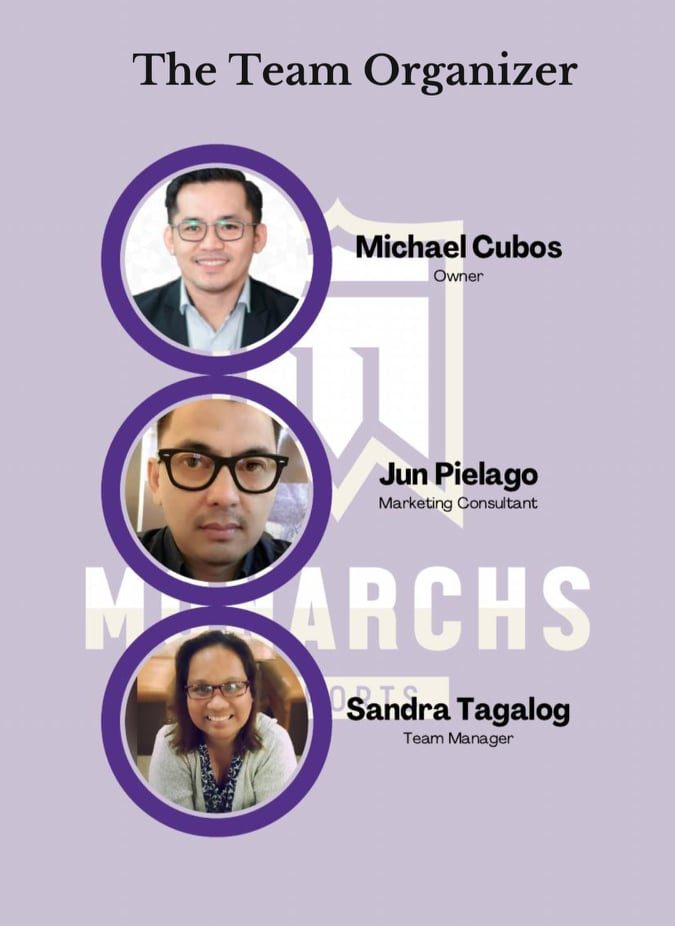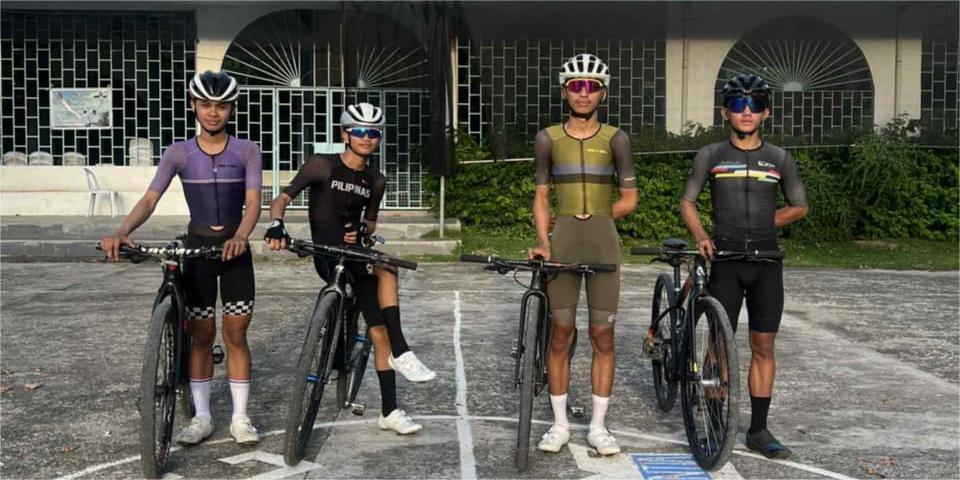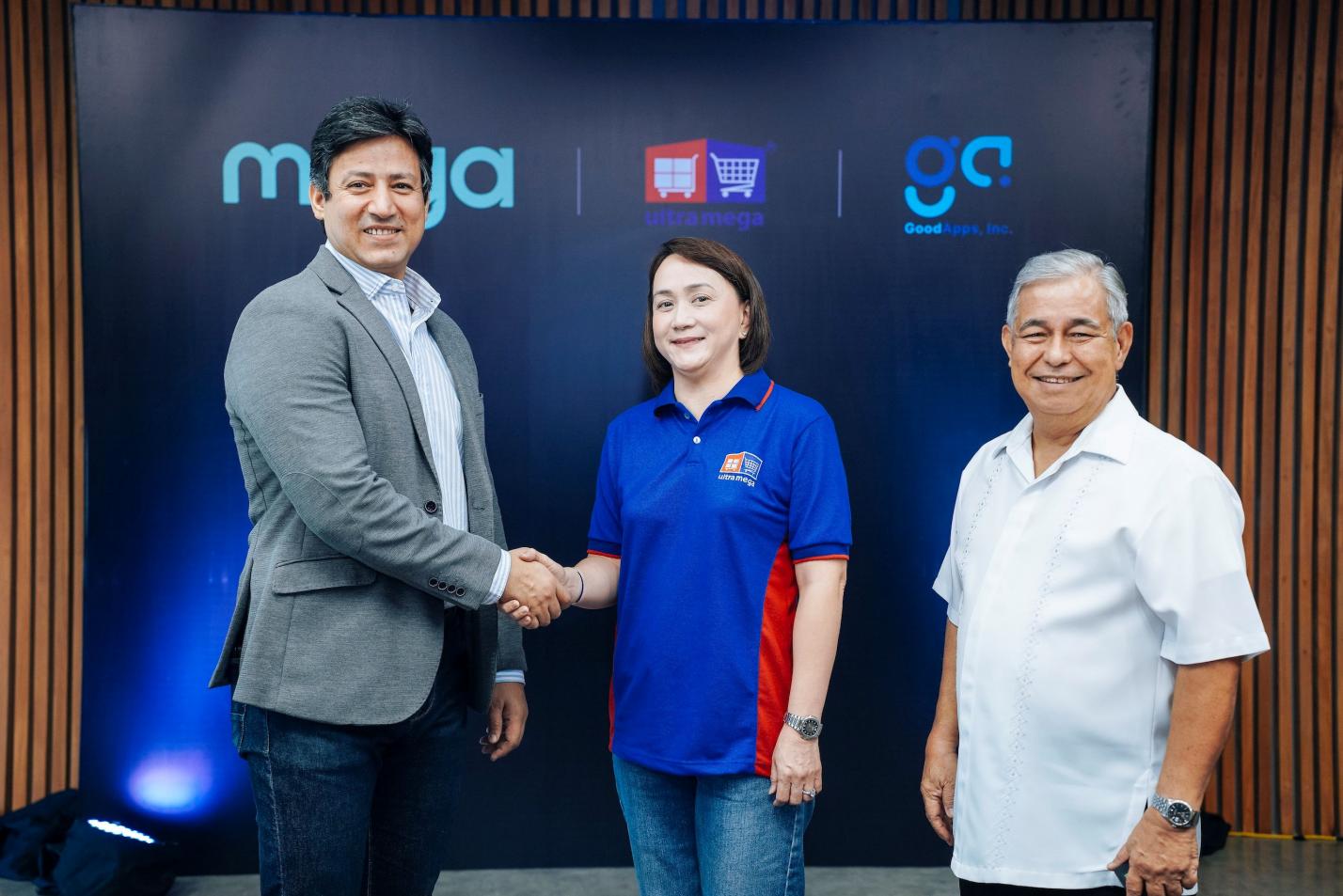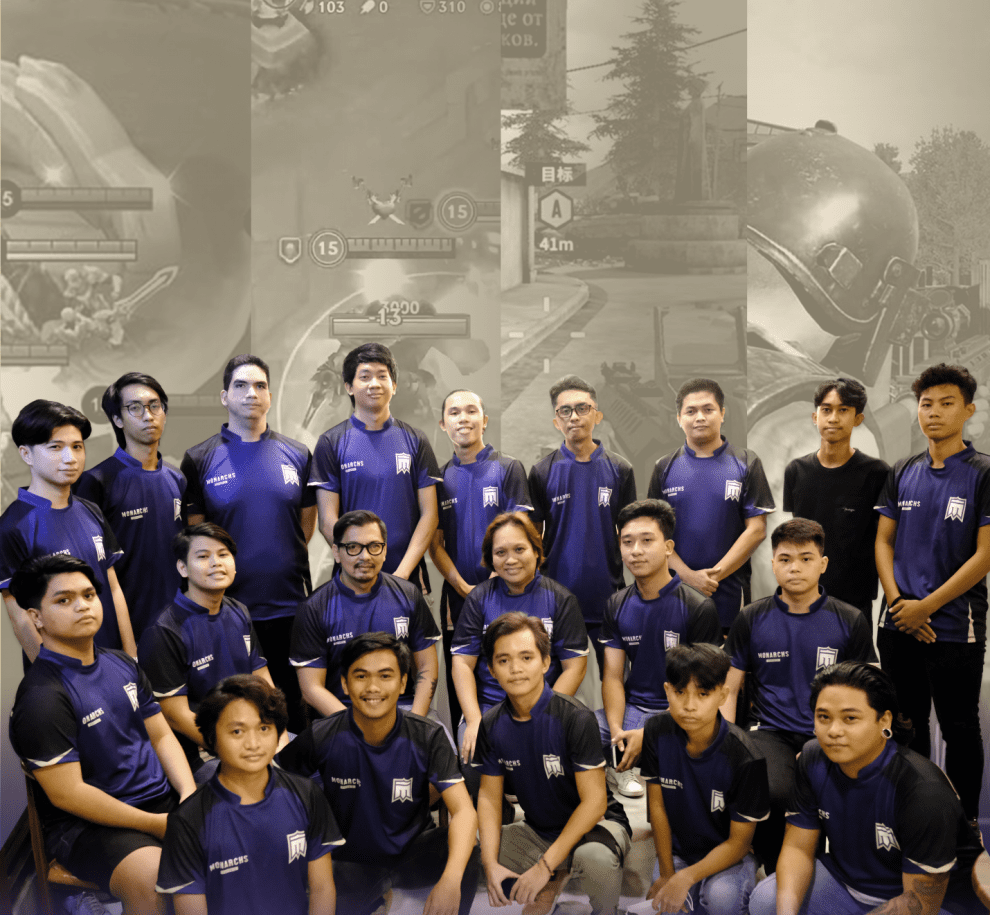Cebu can produce champions in Esports/gaming if local government, academe and industry collaborate to promote video gaming such as Call of Duty, League of Legends Wildrift, Mobile Legends, and PUBG, among others.
Although the interest in esports/gaming is growing globally, it has yet to be encouraged here in the Philippines, including Cebu.
According to the Global Esports and Live Streaming Market report by Newzoo, global esports revenues for 20221 is project to reach over $1-billion. In 2020, the industry earnings was placed at $947.1 million.
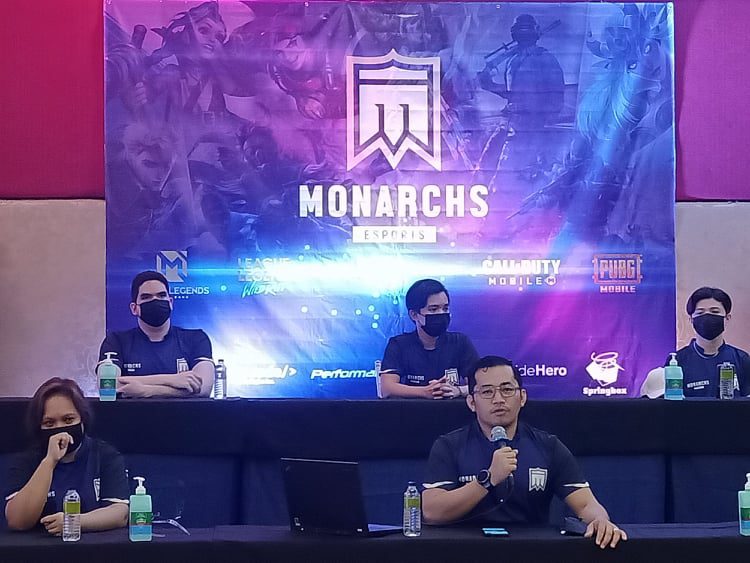
Michael Cubos, owner of Monarch Esports, says Cebu can produce champions but the local government unit, the schools and the private sector has to collaborate to develop Esports.
Cubos cited the need to support gamers especially on trainings because they need to have the equipment and stable internet connection to be able to train for Esports tournaments.
Monarch Esports is established by Cubos to provide a wholistic approach to the development of esports.
“I decided to establish the Monarch Esports because I never heard of Cebuanos or Visayas and Mindanao team who have reached the international stage,” Cubos said.
He recalled that the Philippine team who won five medals in the 2019 Southeast Asian games was composed of mostly of players from Luzon.
Sibol, the country’s national esports team for the last SEA Games, won the gold medals in Dota 2, Starcraft II and Mobile Legends: Bang as well as silver and bronze medals for Tekken 2.
Cubos maintained that Cebu, the Visayas and Mindanao has skilled players. In fact, Monarch’s recently-formed Mobile Legends Team won in a recent tournament held in Cebu participated by teams from all over the Philippines.
Support for grassroots development
On the other hand, Monarch will be seeking the support of the schools and local government so that their will be sustainable support for esports.
According to Cubos, he has discussed with Felix Tiukinhoy Jr., Cebu Schools Athletic Foundation Inc. (CESAFI) commissioner, for the possible inclusion of esports in the said sports competition so it will get the support of a professional league.
He added that he will also be reaching out to school owners to convince them to support Esports as part of their sports program. Schools could offer scholarships for those who qualify for their esports team, similar to what they offer to other sports players.
Meanwhile, the role of local government is also crucial for the development of esports by promoting this at the grassroots level, Cubos said.
He recalled that some LGUs have come up with esports tournaments but this were not sustained. Even barangays can come up with regular Liga sa Barangay featuring esports to encourage the youth to go into this sports, he added.
Cubos said having continued support from the LGUs would go a long way in developing esports.
“With the help of academe, LGU and the industry, esports will be the needed support,” he said.
Parental support
Another factors that has affected the development of esports is the lack of support from parents of gamers because they think this would affect their performance in school.
If parents realize that esports can be a career just like basketball and other sports is, then their mindset can change and they can become supportive of their kids who show interest in gaming, Cubos added.
Most video gamers starts at a young age. Jesse Joaquin (Tagalog Waksu), a Mobile Legends: Bang Player, Offlane Gold, became hooked on Dota when he was 9 or 10 years old.
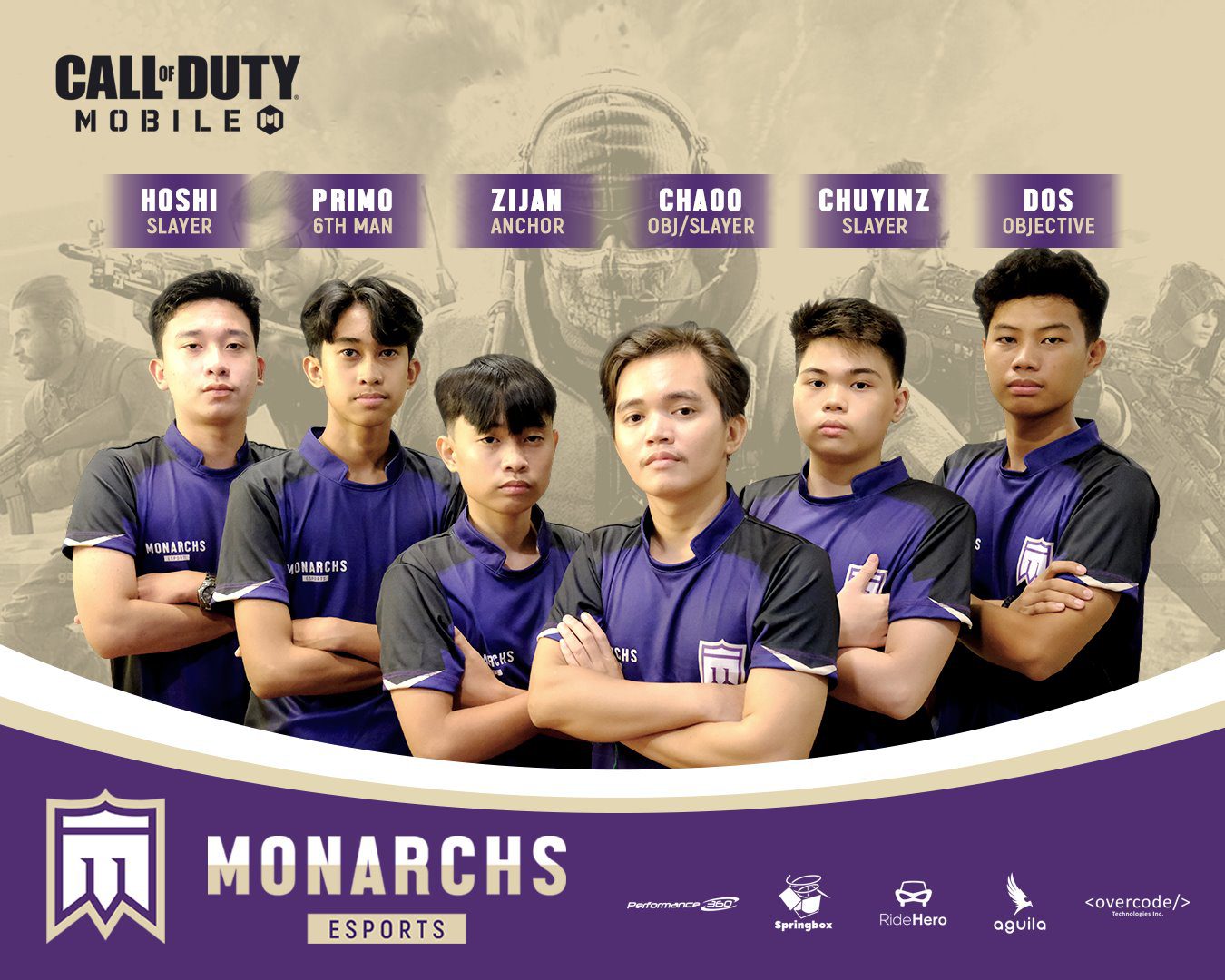
Karsten Blue Pielago, (also known as YInMn Azure) MLBB Ofllane XP, started playing Mobile Legends at age 12.
While gaming had affected the studies of many kids, Jomar Ian J. Guzman aka Isolate (WildRift, Jungle) made sure his grades are competitive so his parents would not complain over his gaming. “I had to make sure that my academic life is not affected with how much I competed and geared up in tournaments,” he says.
For Mohammad Alsughayer aka Coach Hamoudini, WR Coach and former LOL Pro Player, gaming became a part of his life when he was 14 year old.
“But after years of playing a team base game , my team started to lose the passion for competition and I really want to pursue eSports , I realized I can still be part of it by guiding the new generation of players and helping them to achieve that,” according to Alsughayer.
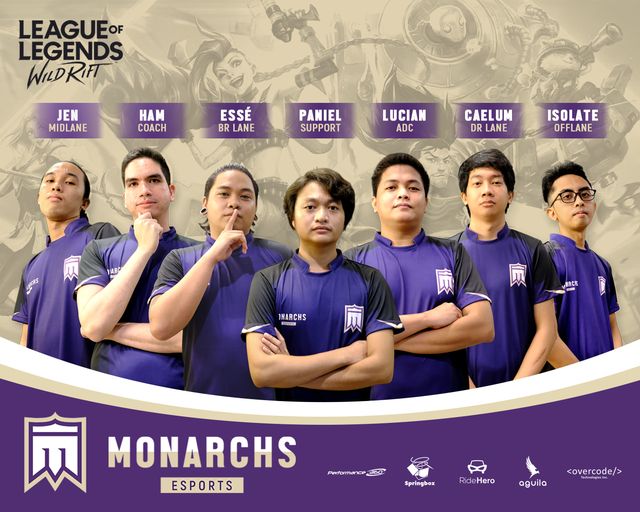
Eljen Anoba aka Jen (WildRift, Midlaner) almost gave up on video gaming because of the lack of support. “I was disappointed and started to lose hope, because I was going to waste all the time spent on esports as Visayas lacked the financial support, and so I decided to quit the league,” he said.
But Anoba reconsidered his decision. “Under the banner of The Monarchs Esports, we will aim higher to reach higher than the top,” he said.
Cubos also noted that even if children do not proceed to becoming serious gamers, disciplined gamers can enhance mental skills. These include problem solving and logic; planning, resource management and logistics; critical thinking and team work.
Esports ecosystem
Esports, just like any other sports, need to have the support for continuous training, Cubos explained.
Monarch, through its academy will be offering short courses, about two weeks, on video gaming teaching gamers, 16 years old and above, on improving their gaming skills.
According to Cubos, another aspect of their training is inculcating time management and discipline among gamers just like varsity players who are required to have good grades to continue to play for the school’s team.
Aside from training players, Monarch will also be offering courses on coaching and casting (sportscasting) for esports tournaments. Former gamers now have a choice to pursue their passion for gaming.
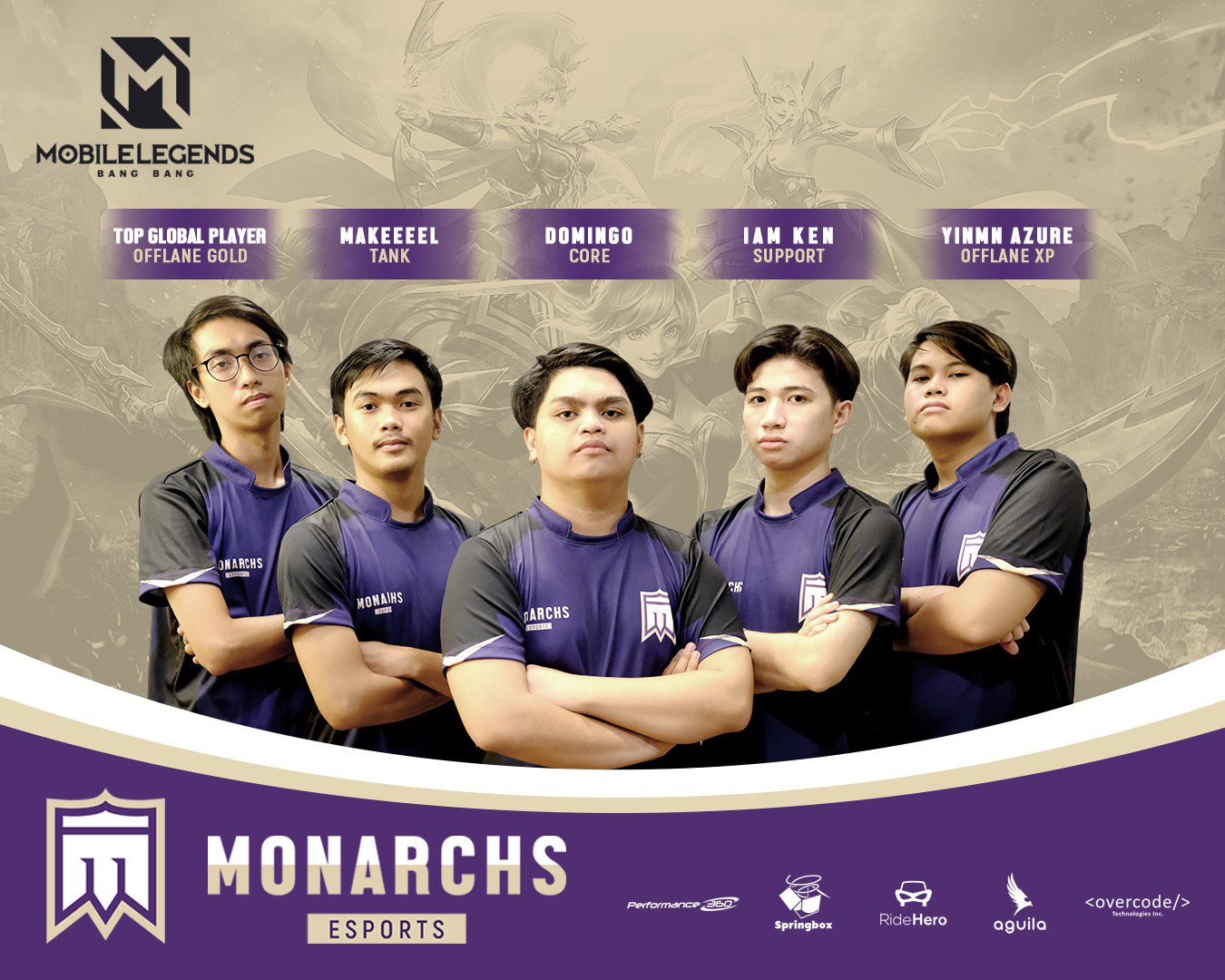
Casters are usually paid around P250 per hour. However, Cubos explained that they need to be familiar how the games are played that’s why they too need training.
Once recognition of esports will improve, coaches would be needed to help new gamers learn how to play various roles of different games.
He explained if they find potential among their trainees, then Monarch will move them up to become junior players and then they become senior players. There’s also the opportunity to level up to pro players.
“It’s not only an academy but it’s a small ecosystem inside the company. We also have the marketing arm. We also have the events organizing arm and the athletes management,” says Cubos, who is also a gamer.
He hopes that having a Cebuano international champion could become ambassador for esports.
Monarch has launched four teams for Call of Duty Mobile, League of Legends Wild Rift, Mobile Legends and PUBG Mobile.
The company is also partnering with Cebu Esports United (CESU). In an earlier interview, CESU founder Marbles Paralisan more than 100 online/video gamers in Cebu. Most of them are young people aged 16 to early 30s.
Paralisan noted that they have to form teams on their own to compete in tournaments. “I know most of these players in Cebu. This is actually the first time that the teams and e-sports in Cebu are being united and organized and now there’s a management team to look into the myriad aspects of e-sports and online gaming,” Paralisan said.
The collaboration of Monarch with CESU is a good start but the support of local government and the academe would boost esports development in Cebu and the rest of the Visayas.
